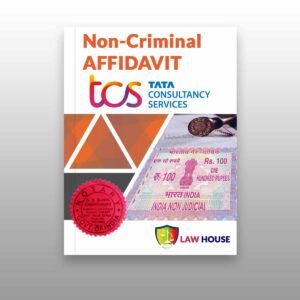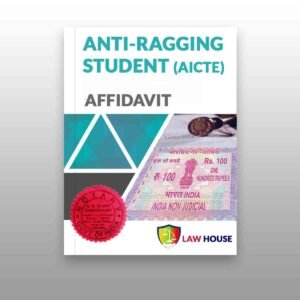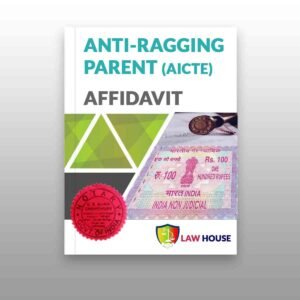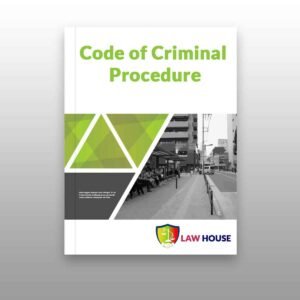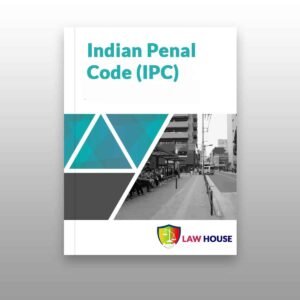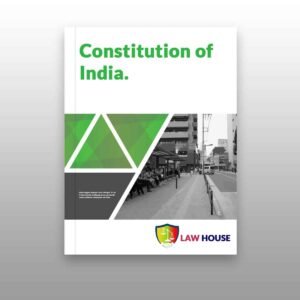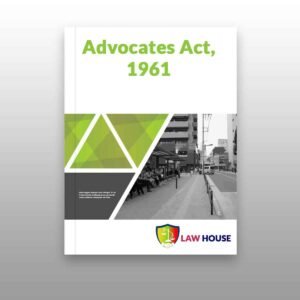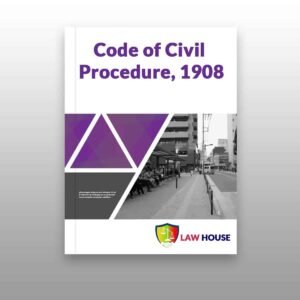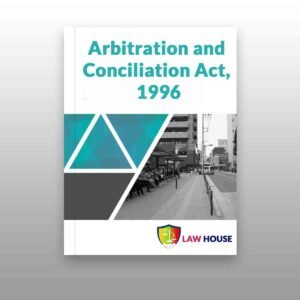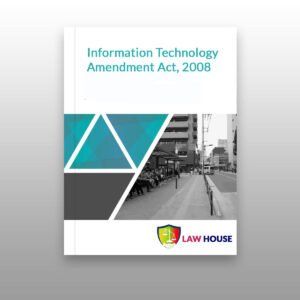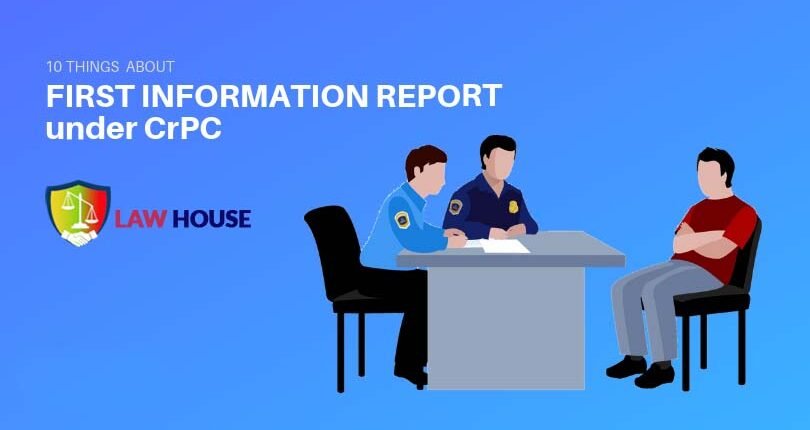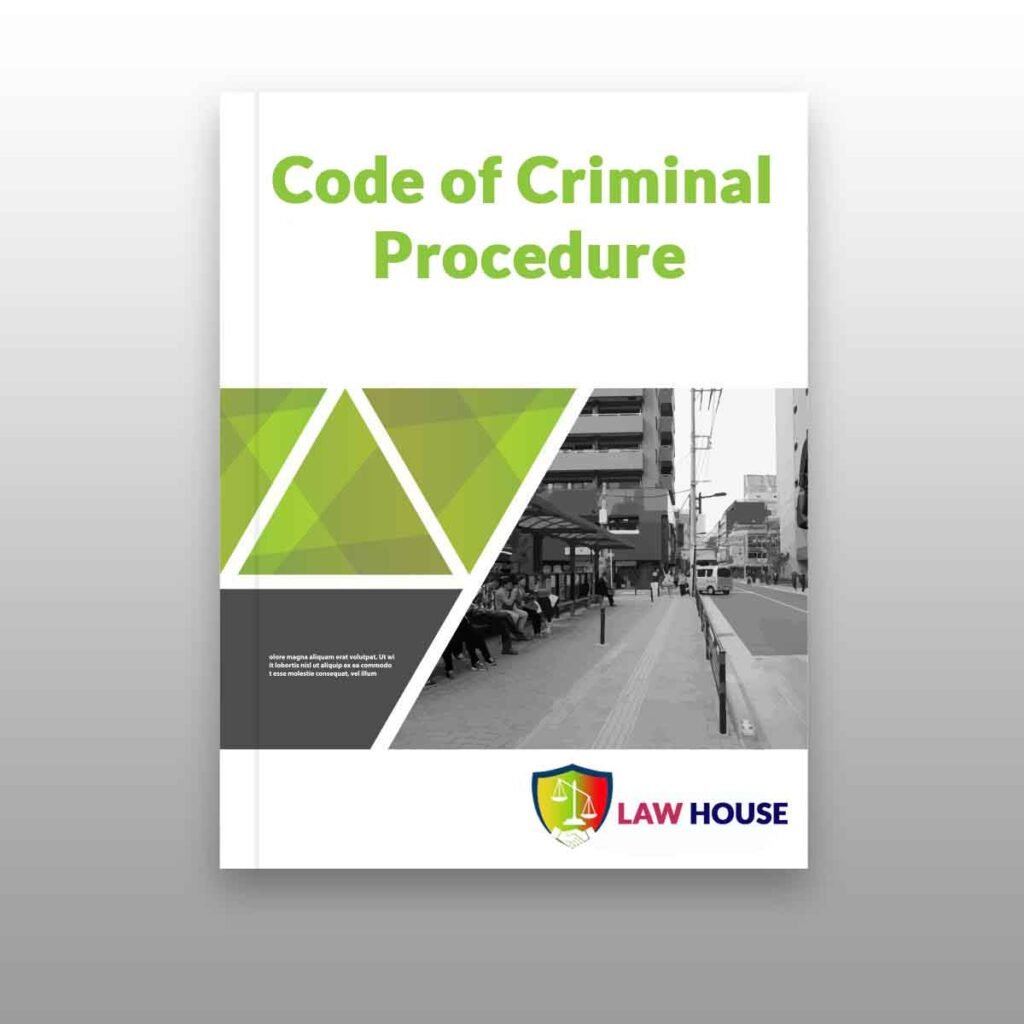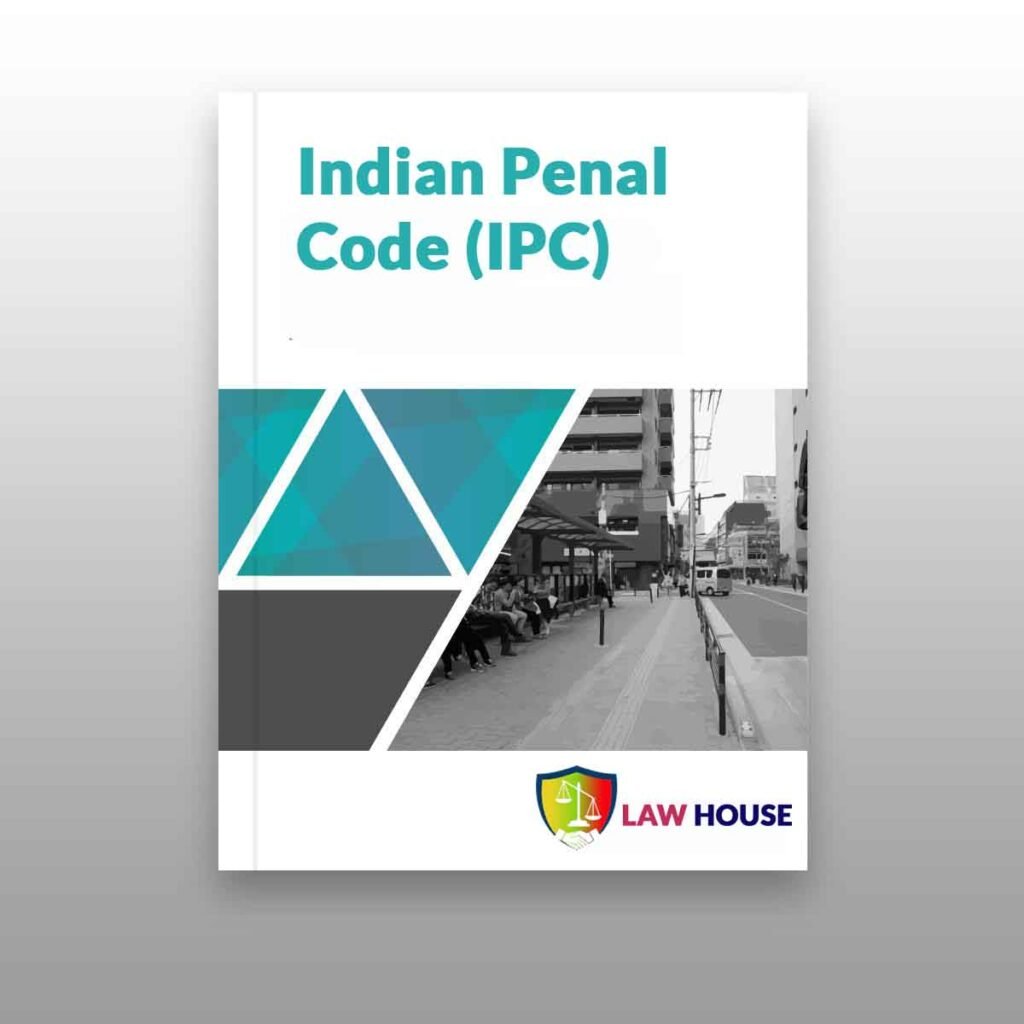What is First Information Report?
This article will help you to understand in detail of FIR as well as cognizable & non-cognizable offence. FIR in simple words is First Information Report. An FIR is a written document which is prepared by the police in India. It is prepared when the police receive information about the commission of a cognizable offense. In simple words, it is a complaint lodged with the police by the victim of a cognizable offense or by someone on his or her behalf, but anyone can make such a report either orally or in writing to the police. This Article will help you to guide how to file an FIR in India.
Why is FIR important?
An FIR is a very important document as it sets the process of criminal justice in motion.
It is only after the FIR is registered in the police station that the police takes up
an investigation of the case.
Who can file an FIR?
- The Victim Himslef/herself
- Any other person on behalf of the victim
- If you have seen the offence being committed
- A police officer can also file an FIR himself
Difference between Complaint and FIR:
| Complaint | FIR |
| A complaint can be made in the case of a non-cognizable offence or a non-criminal offence. | FIR can be only lodged in the case of cognizable offence or a criminal offence |
| The complaint is a petition filed with the magistrate containing an accusation regarding the commission of an offence and a prayer is made that the accused person shall be convicted. | When the police get the information of a crime for the very first time it is known as FIR |
| A complaint has no particular format | FIR can only be filed in accordance with the procedure and format laid down by the law. |
| Once FIR is lodged the police starts investigating | The complaint is made the police does not start an investigation until it is directed by a competent authority. |
The FIR must contains the following information.
The contents of an FIR are as follows:-
- Whether the informant is eye witness or hearsay evidence.
- The nature of the cognizable offence.
- The name and detailed description of the accused person (entire physical description)
- The name and identity of the victim of the crime(if aware)
- The date and time of the occurrence.
- The place where the crime was committed.
- The motive for committing of the crime(if aware)
- How the crime was committed (description of the actual occurrence of the crime)
- The name and the address of the witness of the crime.
What to do if the Police refuses to register the FIR?
- Under section 154(3) of CrPC he/she can approach the Superintendent of Police and submit the substance of such information in writing by post. If the Superintendent of Police is satisfied that such information discloses the commission of a cognizable offense then, he might investigate the case himself or direct an investigation to be made by any police officer subordinate to him.
- A complaint can be submitted to the magistrate in writing under section 200 of the CrPC. After the submission of a complaint, the magistrate will conduct a hearing, deciding upon the issue of cognizance. In this channel, the informant and the witnesses thereof are examined on oath in front of the magistrate.
What is the procedure of filing?
The procedure of filing an FIR is prescribed in Section 154 of the Criminal Procedure Code, 1973.
When information about the commission of a cognizable offence is given orally, the police must write it down.
It is your right as a person giving information or making a complaint to demand that the information recorded by the police is read over to you.
Once the information has been recorded by the police, it must be signed by the person giving the information.
Cognizable Offence A cognizable offence is one in which the police may arrest a person without a warrant. They are authorized to start an investigation into a cognizable case on their own and do not require any orders from the court to do so.
Non-cognizable Offence
A non-cognizable offence is an offence in which a police officer has no authority to arrest without a warrant. The police cannot investigate such an offence without the court’s permission. The police may not investigate a complaint even if you file a FIR,
when:
(i) The case is not serious in nature;
(ii) The police feel that there is not enough ground to investigate.
However, the police must record the reasons for not conducting an investigation and in the latter case must also inform you. —[Section 157, Criminal Procedure Code, 1973]
You should sign the report only after verifying that the information recorded by the police is as per the details given by you.
People who cannot read or write must put their left thumb impression on the document after being satisfied that it is a correct record.
Always ask for a copy of the FIR, if the police do not give it to you. It is your right to get it free of cost.
Concept of Zero FIR
A zero FIR is used for crimes such as murder, rape etc. where the immediate investigation is required and time cannot be wasted in reaching the police station under whose jurisdiction the crime falls.
Related Topic:
Related Books:









![Honey trap in Cybercrime: A to Z guide Exploring Honey Trap in Cyberspace [With Video]](https://www.lawhousekolkata.com/wp-content/uploads/Post-Images/Honey-Trap-300x169.jpg)


